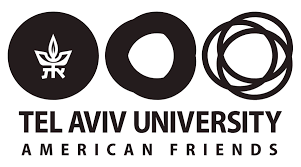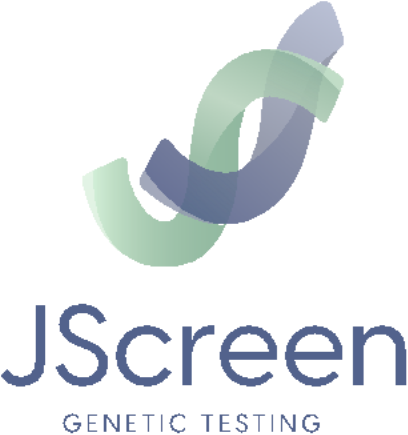Pictured above: Dr. Richard Rosenbaum.
A study targeting a type of Parkinson’s disease more prevalent among those of Ashkenazi Jewish ancestry seeks study participants in Phoenix.
“The new drug study is to treat Parkinson’s disease in people with a mutant GBA gene, which is particularly common in Ashkenazim and is also prevalent in Gaucher patients,” says neurologist Dr. Richard Rosenbaum, who has focused much of his practice and teaching on Parkinson’s disease since he realized his father had Parkinson’s in 1993.
Now Dr. Rosenbaum is leading part of a national clinical study that will look at a drug that might delay and prevent progression of the disease for those with specific mutations on one of the GBA pair of genes.
The link between the GBA gene and Parkinson’s was discovered when researchers noticed that Gaucher’s patients and their relatives were more likely to develop Parkinson’s than the general population. The risk of carrying a single GBA mutation is less than 1 in 100 for non-Jewish populations, but about 1 in 18 for those of Jewish descent.
Mutations on the LRRK2 gene, also more common in Ashkenazim, are also linked to increased Parkinson’s risk, but that gene is not part of this clinical study.
“This is a gene-specific therapy,” says Dr. Rosenbaum.
More than 380 mutations in the GBA gene have been identified in people with Gaucher’s disease. A mutation on one of the pair puts individuals at increased risk of Parkinson’s.
Parkinson’s patients with a mutation on one of the GBA pair of genes are eligible for this study.
Sanofi US Services is conducting this Phase 2 clinical trial known as MOVES-PD.
“This is cutting-edge medicine,” says Dr. Charles A. Pignataro, medical director/advisor-NA Clinical Study Unit, Rare Disease for Sanofi US. “Patients are not guinea pigs. We are trying to make people aware there is possibly an option available for them – this is a pioneering option.”
Dr. Pignataro explains that Parkinson’s patients with a GBA mutation tend to have earlier onset PD and more rapidly progressing symptoms.
GBA mutation-related Parkinson’s “is considered rare,” says Dr. Pignataro. “We are trying to fill the void and have treatment for these patients.”
Parkinson’s and Gaucher have a similar biochemistry.
“This specific mutation causes an enzyme that usually breaks down a certain compound or substance to be deficient,” he explains. “As a result, this substance accumulates and causes the clinical presentation of the patient.
“That is the biochemical pathway we are trying to address,” says Dr. Pignataro.
“The standard of care that is used today is providing somewhat of a ‘Band-Aid’ approach that alleviates symptoms for some patients, but not others,” he adds. “We are developing alternative approaches to address these challenges.”
Having worked as a researcher for more than 25 years, Dr. Pignataro says finding treatments for rare diseases or rare forms of a disease is very rewarding. The letters of gratitude from patients and their families he has received over the years “warms your heart.”
Enrollment in this Phase 2 study is under way this month. Since doctors do not routinely screen Parkinson’s patients for genetic mutations, Dr. Pignataro encourages anyone with Parkinson’s who is of Ashkenazi descent or who has relatives with Gaucher disease to consider participating in the study. Applicants will receive a genetic screen as part of the process to see if they are eligible to participate. See the accompanying information box on requirements and how to get more information.
PARKINSON’S STUDY PARTICIPANTS
To be eligible to participate in this study, patients must meet several criteria including the following:
-
- Ages 18 to 80 years old
- Has had symptoms of Parkinson’s disease for more than 2 years
- Has been diagnosed with PD and is a heterozygous carrier of a GBA mutation
- If taking Levodopa or any other PD medication, has been on a stable dose for at least 30 days.
All study participants will receive, at no charge, the investigational study medication and all study-related exams, procedures, laboratory tests and services throughout the study.
To learn more about the MOVES-PD study, or to see if you or someone you know may qualify for participation, visit clinicaltrials.gov or michaeljfox.org.
In Arizona, potential study participants can contact:
Imaging Endpoints: 480-566-9090
Diana De Santiago: [email protected]
Kady Bentz: [email protected]






